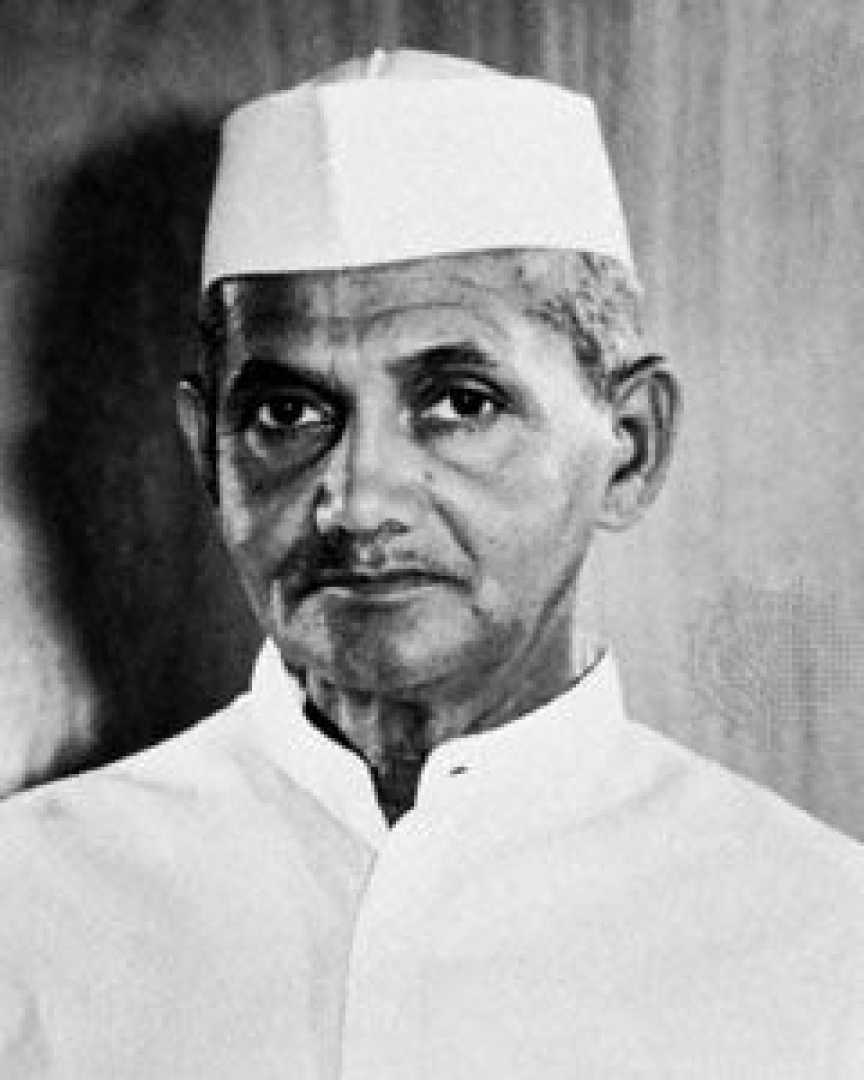Politics
Remembering India’s Second Prime Minister: Lal Bahadur Shastri

Lal Bahadur Shastri served as the second Prime Minister of India and is renowned for his simple demeanor and dedication to the nation. Shastri played a pivotal role in the Indian independence movement and led the country through the challenging India-Pakistan war of 1965. “Jai Jawan, Jai Kisan” is a slogan famously attributed to him. His birthday, October 2, is celebrated annually in India.
Shastri was born on October 2, 1904, in Mughalsarai, Uttar Pradesh. Coming from a humble background, he faced challenges early in life, especially after his father, Sharada Prasad Srivastava, a school teacher, passed away when Shastri was just one and a half years old. His mother, Ramdulari Devi, raised him during these tough times.
Shastri received his early education in Varanasi and later joined Kashi Vidyapith where he earned the title “Shastri”. Driven by Mahatma Gandhi‘s call, he participated in the Non-Cooperation Movement in 1920 and actively engaged in the freedom struggle.
He was also part of significant movements such as the Salt Satyagraha in 1930 and the Quit India Movement in 1942, which led to multiple imprisonments. Upon India’s independence, Shastri was appointed as the parliamentary secretary in Uttar Pradesh, where he spearheaded several administrative reforms.
Later, in 1951, he joined the central government at Jawaharlal Nehru‘s behest, assuming roles such as the Minister of Railways and Minister of Home Affairs. Notably, he resigned from the position of Railway Minister taking moral responsibility for a train accident.
Following Nehru’s passing on May 27, 1964, Shastri was sworn in as the Prime Minister on June 9, 1964. During his tenure, India encountered several challenges, including the 1965 India-Pakistan war, during which he motivated the nation with his “Jai Jawan, Jai Kisan” slogan.
Tragically, Shastri passed away on January 11, 1966, in Tashkent, Uzbekistan, then part of the Soviet Union, shortly after signing the Tashkent Agreement with Pakistan. His death remains shrouded in mystery, and questions about the circumstances continue to arise.
His tenure also marked the onset of the Green Revolution, aimed at addressing the country’s food shortage. Shastri’s integrity and modesty were such that he never owned a house and lived a simple life till his death. Even as the Prime Minister, his family led a humble lifestyle, with his children traveling on public buses.












